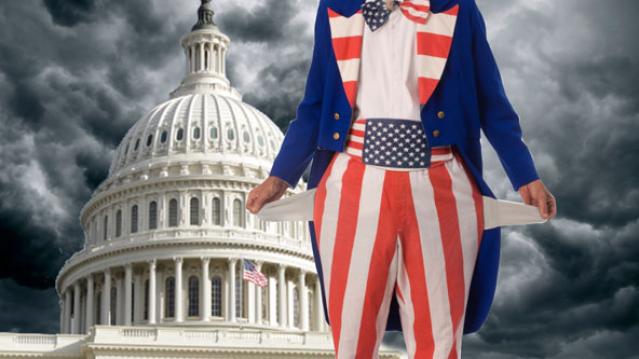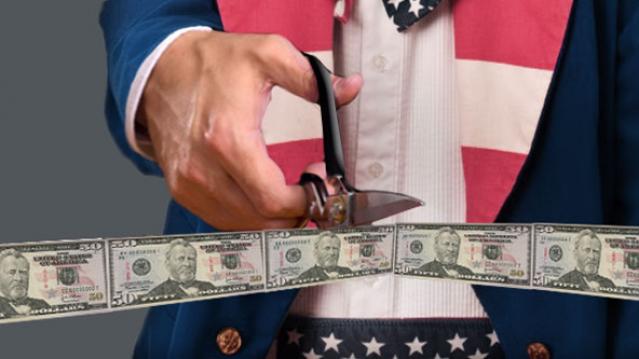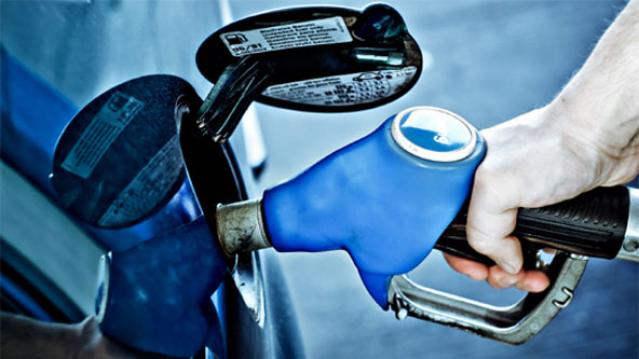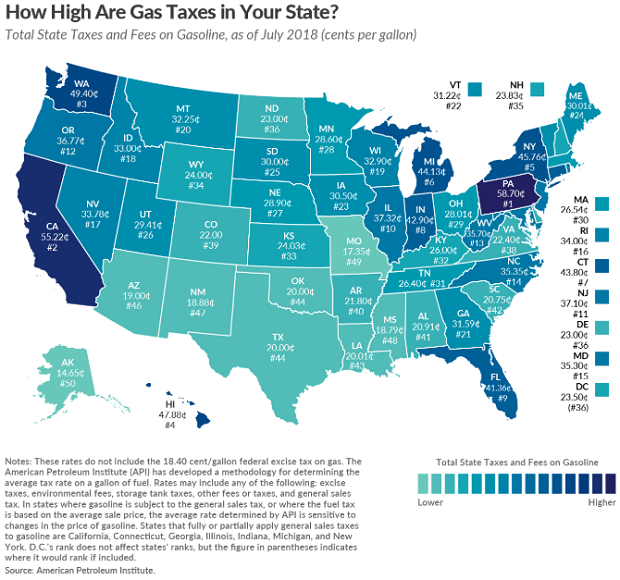Privacy-Focused DuckDuckGo Search Engine Says Traffic Has Soared Since Snowden Leaks

If you haven’t yet heard about DuckDuckGo, you probably will soon.
On its face, the search engine looks much the same as any other. A little more sparse, maybe, but nothing much separating it from, say, Google. There’s a logo and a box for your search.
Where it differs from its peers, though, is what happens when you hit enter.
Though silly in name, DuckDuckGo has a serious ethos: protection of user privacy at all costs. The engine, launched in 2009, shies away from the personalized filter bubbles so adored by search giants like Google and Bing, refusing to track searches or store user data. Users have the option to completely anonymize their search by routing it through the anonymizing TOR network, rendering it even more invisible to prying eyes. DuckDuckGo earns money through simple keyword-targeted advertising, steering clear of the tracking cookies used by more sophisticated ad campaigns.
Though the slavish dedication to privacy has its drawbacks — for example, results are less tailored to the user searching for them, and thus more likely to be irrelevant — the search engine has seen 3 billion searches a year and has a firm community of fans who are attracted to the site’s long-standing defense of user privacy.
Related: News Companies Have Good Reason to Fear Facebook
That ethos seems to be paying off. Gabe Weinberg, CEO of the Pennsylvania-based company, told CNBC last week that the search engine’s traffic has grown 600 percent since Edward Snowden’s 2013 revelations about the large-scale spying conducted by the government. DuckDuckGo’s search traffic was further assisted last year when Apple integrated it into the Safari mobile browser.
DuckDuckGo’s traffic is still tiny compared to the big players — the 3 billion searches a year that Weinberg claimed to have on CNBC is pretty much the same amount of searches that Google traffics in a single day. But DuckDuckGo expects steady growth as average users become increasingly educated about their privacy.
Wages Are Finally Going Up, Sort of

Average hourly earnings last month rose by 2.9 percent from a year earlier, the Labor Department said Friday — the fastest wage growth since the recession ended in 2009. The economy added 201,000 jobs in August, marking the 95th straight month of gains, while the unemployment rate held steady at 3.9 percent.
Analysts noted, though, that the welcome wage gains merely kept pace with a leading measure of inflation, meaning that pay increases are largely or entirely being canceled out by higher prices. “The last time unemployment was this low, during the dot-com boom, wage growth was significantly faster — well above 3.5 percent,” The Washington Post’s Heather Long wrote. The White House Council of Economic Advisers this week issued a report arguing that wage gains over the past year have been better than they appear in official statistics.
Cost of Trump’s Military Parade Rising Fast

It looks like President Trump’s military parade is going to cost a lot more than the initial estimate suggested – about $80 million more.
The Department of Defense pegged the cost of the parade at roughly $12 million back in July, but CNBC reported Thursday that Pentagon officials have increased their estimate to $92 million. The total consists of $50 million from the Defense Department and $42 million from other agencies, including the Department of Homeland Security.
The parade, which President Trump requested after attending a Bastille Day military parade in Paris last year, is scheduled for November 10 and will reportedly include aircraft, armored vehicles and soldiers in period uniforms. Abrams tanks, which weigh roughly 70 tons apiece, will also be included, CNBC said, despite concerns about heavy military equipment ripping up the streets of Washington. A Pentagon analysis apparently found that the armored vehicle’s treads would not cause any damage.
The parade is expected to begin at the Capitol, continue past the White House and end at the National Mall, according to earlier reports from NBC News.
Quote of the Day: Time to Raise Taxes?

“Tax revenue as a percentage of gross domestic product is expected to be 16.5 percent next year. The long-term average in a full-employment economy is 18.5 percent of GDP; if revenue were at that level for the coming decade, debt would be $3.2 trillion lower and the 10-year fiscal gap would be halved. Returning to past revenue levels, however, will be inadequate over time, because an aging population will increase Medicare and Social Security costs. This need not pose a problem: Revenue was roughly 19 percent of GDP in the late 1990s, and economic conditions were excellent.”
– Former U.S. Treasury Secretary Richard E. Rubin, writing in The Washington Post
Quote of the Day: When Tax Cuts Pay for Themselves

“You … often hear the claim that a lot of tax cuts will ‘pay for themselves,’ that they’ll cause so much additional economic activity that the revenue feedback from that activity will fully offset the direct revenue loss caused by the tax cut so that you end up making money for the federal government, or at least not losing any money. Now, of course that is theoretically possible and it would happen at extreme rates. I mean if a country had a 99 percent flat rate income tax and lowered it to 98 percent, I believe that they almost certainly would collect more revenue at the 98 percent rate than they did at the 99 percent rate. But the idea that this type of effect would occur at today’s tax levels just requires responses that are much bigger than statistical evidence would support and I think much bigger than common sense would indicate if you just ask people how they themselves would react to the tax cut.”
-- Alan Viard, tax policy expert at the American Enterprise Institute
Map of the Day: Gas Taxes

It’s summertime and the driving is anything but easy if you want to get to your favorite beach or mountain cabin for a well-deserved break. As lawmakers consider a plan to raise federal fuel taxes by 15 cents a gallon, here’s a look at the current state-level taxes on gasoline, courtesy of the Tax Foundation:

